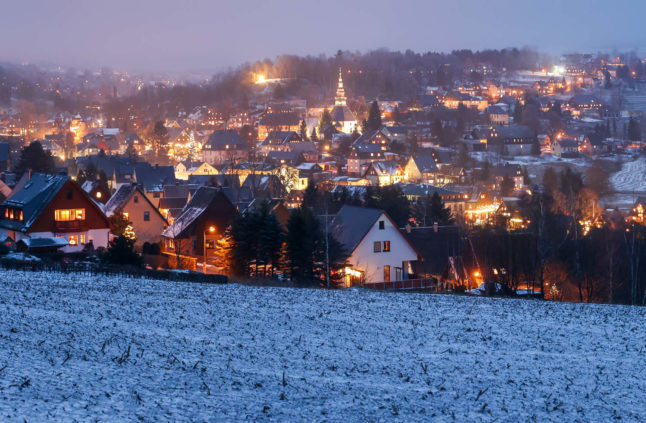Vaccine delays in Germany?
The US pharmaceutical company Pfizer is experiencing delays in the delivery of its coronavirus vaccine, which could have consequences for Germany.
“As a result, all those who are among the first recipients of the deliveries, whether it is the UK, the US or the European Union, can now expect fewer vaccine doses in the first few weeks,” said German Health Minister Jens Spahn of the Christian Democrats (CDU) on Friday in Berlin.
“Nevertheless, as of today, when approval is granted, the first vaccinations will be available in Germany at the turn of the year.”
Pfizer had developed a Covid-19 vaccine together with the Mainz-based manufacturer BioNtech. This has already been approved in the UK, but not yet in the EU and the US. However, this could still happen in December.
The first groups to receive the vaccine are set to be residents and employees of care homes, as well as people over 80 and medical personnel deemed to be especially at risk of catching the virus.
New footage of Trier incident
According to new police footage, a driver arrested in Trier after a deadly crash ran amok at 81 kilometres per hour through the pedestrian zone of the busy Simeonstraße.
A police spokesman said Friday that this was the result of a journey time calculation based on seized videos for this part of the route. This did not rule out the possibility that the 51-year-old suspect had been even faster elsewhere on Tuesday with his powerful SUV. The man is in custody on suspicion of murder.
READ ALSO: Suspect in police custody after car runs down shoppers in German city of Trier
After the crash left five dead and more than 20 injured, the suspect parked the car and smoked a cigarette. Police officers found the man standing at the rear of the car, reported Trier's police vice president Franz-Dieter Ankner at a special meeting of the state interior committee in Mainz.
“There he looked at the emergency services with a grin.” The officers then overpowered him and arrested him.
Photo of the day

Photo: DPA
Snow continued to coat many parts of Germany on Friday, including the aptly named town of Winterberg in North Rhine-Westphalia. This photo shows hikers braving their slippery surroundings, which are part of Germany's scenic Sauerland region.
Stricter local lockdowns
More cities around Germany are enforcing stricter regional lockdowns – including curfews on going out at night – in the wake of higher coronavirus figures around the country.
The Rhineland-Palatinate cities of Ludwigshafen and Speyer are set to follow the example of Mannheim in prohibiting people from leaving their homes except for absolutely necessary reasons – which they would be able to explain to authorities if stopped.
Other hotspots Germany, such as Passau and Nuremberg in Bavaria, have enforced stricter lockdowns in which leaving one’s home is only permitted in general for “essential reasons” such as going to work or shopping.
This map shows where in Germany is the most affected by new infections.

New Berlin ‘ghost station’
The name ‘Geisterbahnhof’ usually evokes memories of former East Berlin train stations where no trains stopped – and simply passed through – during the days that the Wall still stood.
But now the German media is using the name to describe what’s happened to a once-bustling Berlin station – U6 Französische Straße – which has been closed down completely amid the lengthening of the U5 line.
For the first time, the U5 – which previously stopped at Alexanderplatz – will run westwards to the Hauptbahnhof.



 Please whitelist us to continue reading.
Please whitelist us to continue reading.
Member comments